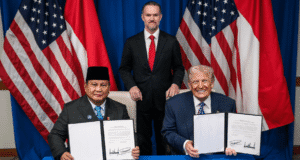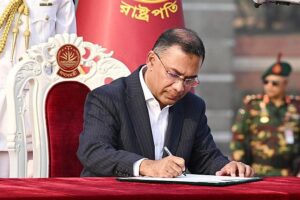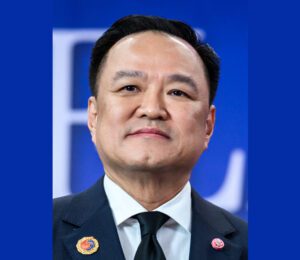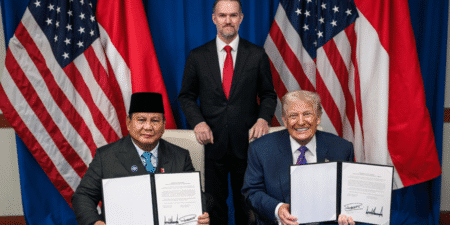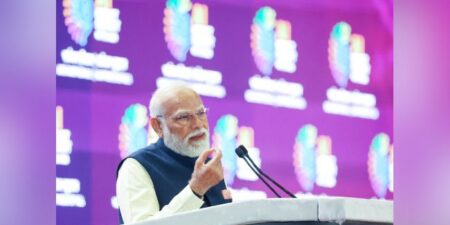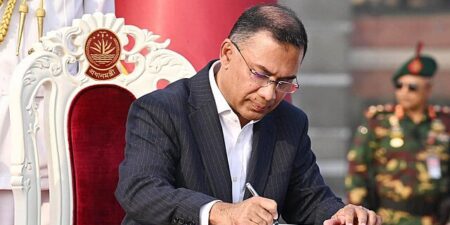
Thailand’s Thaksin Jailed as Establishment Tightens Grip
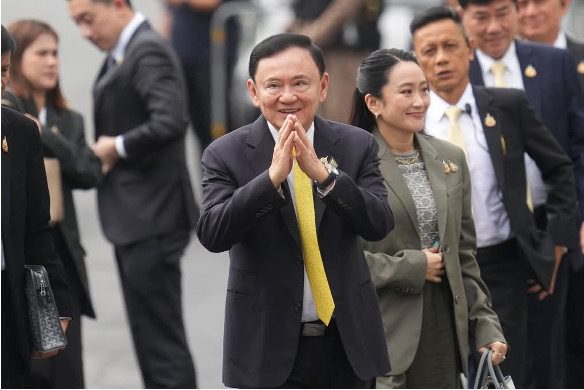
BGA Senior Adviser Thitinan Pongsudhirak wrote an update to clients on the imprisonment of former Prime Minister Thaksin Shinawatra.
In yet another dramatic twist in Thai politics, erstwhile anti-establishment political juggernaut and former Prime Minister Thaksin Shinawatra accepted a one-year jail sentence and began serving his time behind bars September 9. After his return from a 15-year self-imposed exile in August 2023 and a royal pardon that reduced his nine-year imprisonment on corruption convictions to just one year, Thaksin cited ill health and spent the time comfortably at the Police General Hospital before going home on parole. The Supreme Court has now ruled that his get-out-of-jail health card was invalid. Thaksin’s fresh imprisonment and its aftermath are likely to reshape and realign Thailand’s political landscape ahead of the next election, due by mid-2027.
Thaksin is the biggest figure in contemporary Thai political history to have landed in jail. Top political leaders who were deposed by military coups and power plays since the late 1940s have either gone into exile permanently or for an interval before returning to reenter politics or retire from public life. None has gone to jail. That Thaksin has gone to jail, even for a limited time, reshapes the rules of engagement and implicit assumptions in Thai politics. It could lay the groundwork for other powerful figures — generals, politicians, bureaucrats and others with questionable wealth — to face incarceration on corruption convictions. That Thaksin is in jail also lets people know that it all depends on where the judicial spotlight is focused and that the justice system is politicized and selective. No one, in other words, is above and beyond being imprisoned.
Thaksin has decided to live out the remainder of his life in Thailand. He has been mostly in exile since 2006, after winning the February 2005 election, setting the record for being the first government to last a full four-year term, win reelection and preside over a one-party government. By mid-2005, establishment forces were mobilized against him for being an existential threat and for awakening the rural masses, who became informed citizens with access to redistributive programs and not just loyal subjects waiting for royal charities. As yellow-clad protesters took to the streets against his notorious conflicts of interests and cronyism and paved the way for the September 2006 coup, Thaksin was supposed to step down. Instead, he fought back and kept winning elections through proxies and his own sister, Yingluck Shinawatra. The back-and-forth saga centering on Thaksin and his establishment adversaries essentially kept him out of the country since the 2006 coup, except for four months in 2008 when his proxy government was in power.
When Thaksin made a deal with establishment forces to come back in August 2023, the terms of political engagement were misaligned. The deal was different from what he understood. It was not about him and his Pheu Thai Party governing to get the Thai economy moving again but about keeping election winner Move Forward Party out of power. No matter what happens now, Thaksin has apparently made a personal decision to stay in Thailand for the remainder of his time, including jail time.
Thaksin said after his sentencing that he wanted to serve the king, demonstrating his unwavering loyalty. This is an ironic turn of events because over the past two decades his opponents accused him and justified the overthrow of the Thaksin-aligned governments by accusing them of disloyalty to the crown. Ultimately, Thaksin is an establishment figure, but his adversaries who were there longer saw him as a brash upstart they sought to eliminate. It is likely that he will hope for another clemency to reduce his jail term. At 76, he would also be eligible for relief programs from the Department of Corrections and the Justice Ministry. In all likelihood, Thaksin will not serve the full year in jail.
Even serving a day in jail runs counter to all that he has maintained since 2006 in trying to outmaneuver and outflank his establishment opponents. By submitting and going to jail, Thaksin has lost the moral high ground. He is now no longer the commanding presence he once was in the early 2000s. Since his overthrow in 2006, he has always framed his political narrative around the fact that he was a democratically elected leader overthrown by the military. Democratic legitimacy became the basis for his fightback, as his political parties were dissolved twice, giving rise to the pro-Thaksin “red shirts,” disenfranchised voters who supported Thaksin. The red shirts were suppressed and persecuted from 2009-2010.
All of what Thaksin stood for and why the red shirts supported him were based on the legitimacy of being a democratically elected prime minister. This is why Thaksin could argue that all the charges against him were politically motivated and trumped up by the coupmakers and establishment forces. But when he came back in 2023 and accepted his jail sentence and corruption convictions, it meant that he accepted the coups and judicial interventions against him and his sister Yingluck. This even applies to his daughter Paetongtarn Shinawatra, who was ousted by the Constitutional Court for ethical misconduct August 29 following a leaked and damaging phone call with former Cambodian Prime Minister Hun Sen. Thaksin now dons yellow shirts and ties complete with royal pins on jacket lapels in a display of capitulation and submission.
Thaksin’s betrayal of the red shirts after returning from exile is a bad omen for the Pheu Thai Party. In the next poll, Pheu Thai is likely to run as a pro-establishment force against the People’s Party. But this means that Pheu Thai will likely lose substantial voter support, more than half of the 141 seats it garnered out of 500 in the May 2023 election. These seats will likely end up with the People’s Party because of its reform agenda and progressive posture, although the newly ruling Bhumjaithai Party will secure a significant portion on patronage-driven money politics and financial enticements.
The Thaksin chapter in Thai politics is coming to a close, but this is not the end of Thaksin. He will likely continue to have a political role as he relishes the limelight as a newsmaker and dealmaker, even though his past bargains have cost him time and again. Without doubt, the establishment’s persecution and prosecution of Thaksin is not confined to him. The powers that be will come after anyone and any political party that stands in their way. That Thaksin has been outlasted and exhausted by his opponents will set up a showdown at the polls when Thailand’s prospects between breaking out from malaise or settling into stagnation will be decided.
We will continue to keep you updated on developments in Thailand as they occur. If you have comments or questions, please contact BGA Senior Adviser Thitinan Pongsudhirak at thitinan@bowergroupasia.com or BGA Thailand Managing Director Teerasak “Art” Siripant at tsiripant@bowergroupasia.com.
Best regards,
BGA Thailand Team

Dr. Thitinan Pongsudhirak
Senior Advisor
















